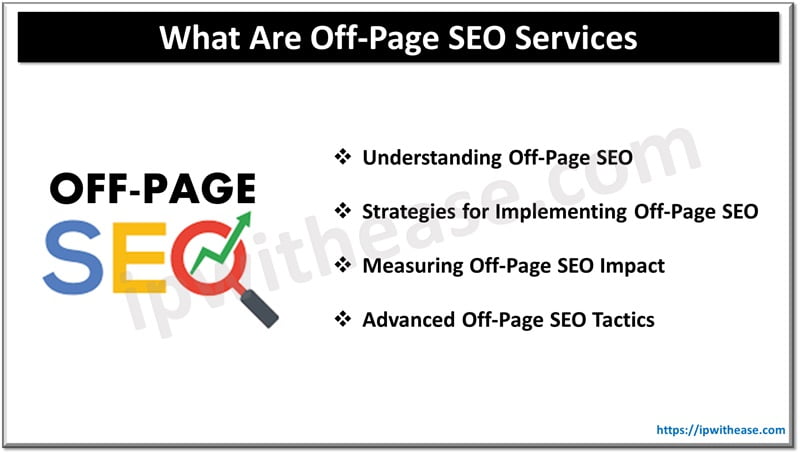Having a robust online presence is imperative for businesses to thrive in the modern digital age.Search Engine Optimization (SEO) is one of the most effective ways to improve a website’s visibility in search engine results pages (SERPs). And when it comes to SEO, one of the most essential elements is keyword analysis.
Keyword analysis involves identifying the keywords and phrases that potential customers are using to search for your products or services. Having a clear comprehension of these keywords and optimizing your website accordingly can substantially enhance the possibility of achieving higher rankings in search engine results pages (SERPs) and increasing organic traffic to your website.
In this article, we’ll discuss the importance of keyword analysis in SEO and explore some of the most effective techniques for conducting keyword research and analysis. Whether you’re new to SEO or looking to enhance your existing strategies, this guide will help you unlock the full potential of keyword analysis and boost your SEO efforts to new heights.

Importance of Keyword Analysis in SEO
Understanding User Intent
Understanding user intent is crucial to successful keyword analysis in SEO. By understanding what searchers are looking for when they use specific keywords or phrases, you can tailor your content to meet their needs and improve the chances of ranking higher in search results. This involves analyzing the search query and identifying whether the user is looking for information, products, services, or something else entirely.
Improving Click-Through Rates
Keyword analysis can help improve click-through rates (CTRs) by identifying the most relevant and popular keywords for your target audience. By optimizing your website’s meta titles and descriptions with these keywords, you can increase the chances of searchers clicking through to your website.
Enhancing On-Page Optimization
Keyword analysis can help enhance on-page optimization by identifying the most relevant and valuable keywords to target on each page. By incorporating these keywords into the page’s title, URL, headings, content, and other elements, you can improve the page’s relevance and authority for that keyword.
Identifying High-Value Keywords
Keyword analysis can help identify high-value keywords with high search volumes and low competition. Targeting these keywords can help improve your website’s visibility in search results and drive more traffic to your site.
Gaining Competitive Advantage
By conducting keyword analysis, you can gain insights into your competitors’ SEO strategies and identify areas where you can gain a competitive advantage. Analyzing your competitors’ keywords, content, and backlinks can help you identify gaps in your strategy and refine your approach to better meet the needs of your target audience.
Techniques for Conducting Keyword Analysis
Brainstorming Seed Keywords
Brainstorming seed keywords is the first step in conducting keyword analysis. This involves brainstorming a list of initial keywords or phrases that are relevant to your business, products, or services. These seed keywords can then be used as a starting point for further research and analysis.
Utilizing Keyword Research Tools
Keyword research tools can help you identify high-value keywords and provide insights into keyword trends, search volumes, and competition levels. These tools can include Google Keyword Planner, SEMrush, Ahrefs, Moz, and many others.
Analyzing Competitor Keywords
Analyzing competitor keywords can help you identify new keyword opportunities and refine your keyword strategy. This involves identifying the keywords that your competitors are targeting and analyzing their content and backlink strategies to gain insights into their overall SEO strategy.
Identifying Long-Tail Keywords
Long-tail keywords are more specific and less frequently searched keywords that can help you target a more niche audience. Identifying long-tail keywords can help you optimize your content for a more specific audience and drive more targeted traffic to your site.
Prioritizing and Organizing Keywords
Prioritizing and organizing keywords is essential to effective keyword analysis in SEO. This involves categorizing keywords based on their relevance, search volume, and competition level, and prioritizing them based on their potential value and ease of optimization. By organizing your keywords, you can better target your SEO efforts and improve your chances of success.
Best Practices for Keyword Optimization
Incorporating Keywords into Page Titles
Incorporating keywords into page titles is an essential best practice for keyword optimization. Including relevant keywords in the page, and title helps search engines and users understand what the page is about and can improve the page’s visibility in search results.
Writing High-Quality Meta Descriptions
Writing high-quality meta descriptions can help improve click-through rates and improve the page’s visibility in search results. Meta descriptions should include relevant keywords and provide a clear and compelling summary of the page’s content.
Optimizing Page Content with Keywords
Optimizing page content with relevant keywords is important for improving the page’s relevance and authority for those keywords. However, it’s important to avoid keyword stuffing and to ensure that the content reads naturally and provides value to the reader.
Creating Keyword-Rich Headings and Subheadings
Creating keyword-rich headings and subheadings can help improve the page’s structure and make it easier for users and search engines to understand the page’s content. Headings and subheadings should include relevant keywords and provide a clear hierarchy of information.
Balancing Keyword Density and Relevance
Balancing keyword density and relevance is important for effective keyword optimization. While it’s important to include relevant keywords throughout the page’s content, it’s also important to avoid overusing keywords and to ensure that the content provides value to the reader. A general rule of thumb is to aim for a keyword density of 1-2% and to prioritize relevance over density.
Before starting the process of keyword optimization, it’s important to conduct thorough keyword research to identify relevant, high-value keywords that align with your business goals and target audience. By understanding the basics of keyword research and balancing keyword density and relevance, you can optimize your website and content for search engines while providing value to your readers.
Conclusion
Keyword analysis is a critical component of any successful SEO strategy. By understanding user intent, identifying high-value keywords, and optimizing your website and content with relevant keywords, you can improve your website’s visibility in search results and attract more targeted traffic to your site. Utilizing techniques such as brainstorming seed keywords, utilizing keyword research tools, analyzing competitor keywords, identifying long-tail keywords, and prioritizing and organizing keywords can help you conduct effective keyword analysis and optimize your website for search engines.
By balancing keyword density and relevance and following best practices for keyword optimization, you can improve your chances of success and maximize your SEO potential. With continuous analysis and optimization of your keywords, you can stay ahead of the competition and drive long-term success for your business.
Continue Reading:
10 Best SEO Tools You Can Use to Get an Edge On Competition
10 Best Digital Marketing Tools for Small Businesses
ABOUT THE AUTHOR
IPwithease is aimed at sharing knowledge across varied domains like Network, Security, Virtualization, Software, Wireless, etc.



